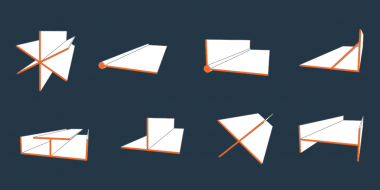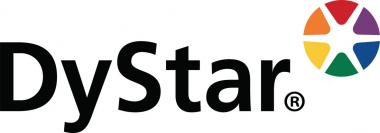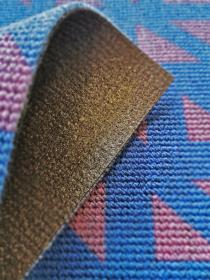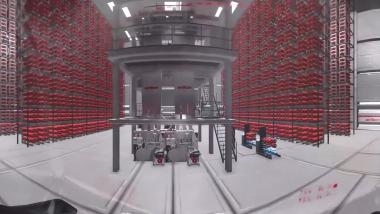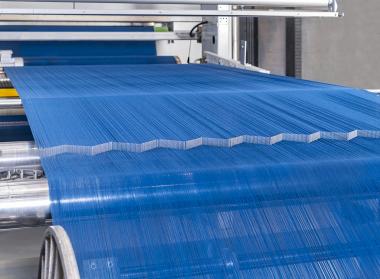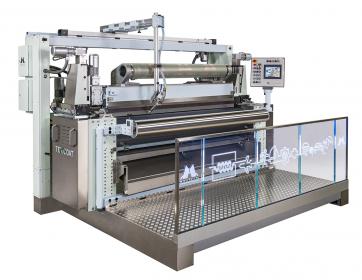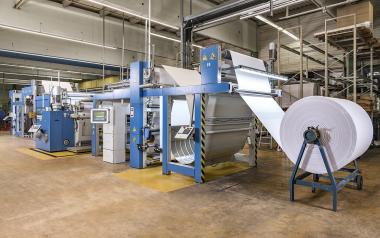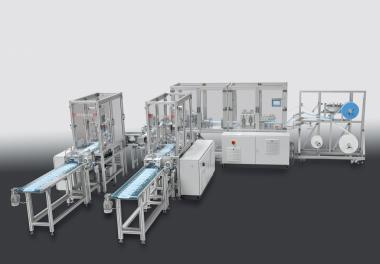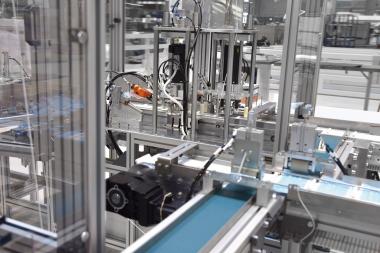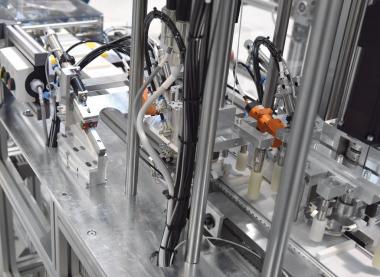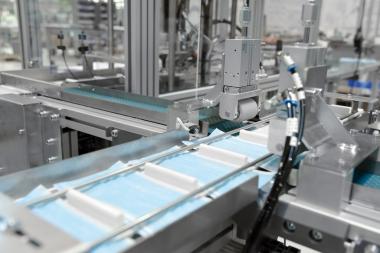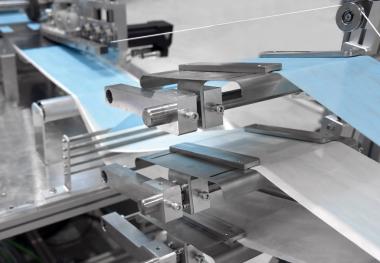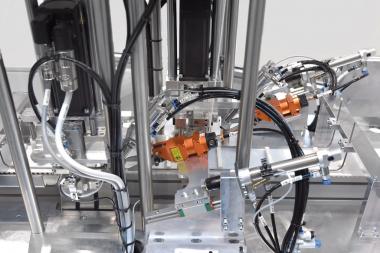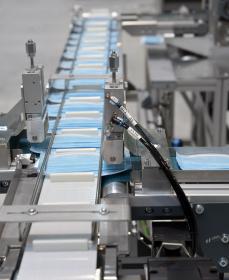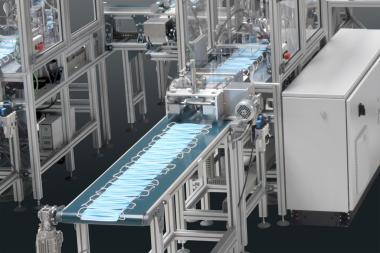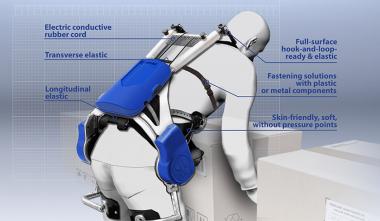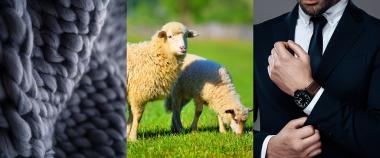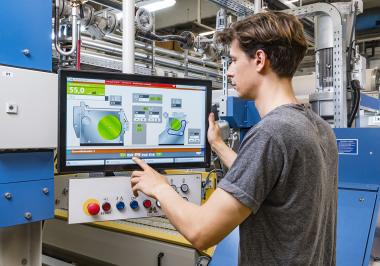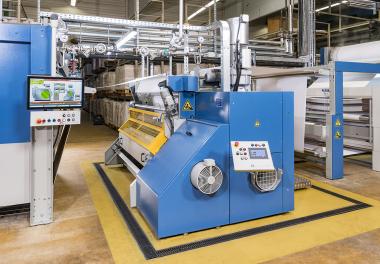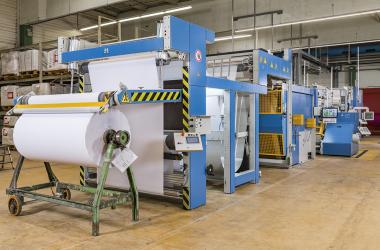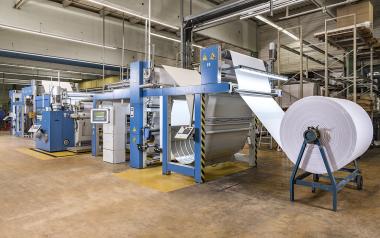vombaur: Composites for Aviation and Automotive
- Composite textiles for modern mobility
- Extremely lightweight, high tensile components by vombaur
In the snow, on a plane, in an electric vehicle or on a bicycle: no matter where and how we are on the road – composite textiles by vombaur ensure that we make good progress. With materials that are both extremely light and extremely reliable.
Lightweight components for modern mobility
Modern mobility relies on high-tech lightweight components Narrow textiles by vombaur are woven from high-performance fibres. On looms that are specially made for particularly demanding composite textiles: the textile company uses special machines to produce high-tech woven tapes with closed selvedges and elasticated UD tubulars that retain their 0° orientation over the entire length of the component – regardless of the diameter. Since they do not exhibit undesired break points caused by seams or welding, they not only have a particularly high bursting strength, they are also extremely reliable and durable.
Challenging applications
"From snowboards to aerospace – the applications for our composite textiles are demanding; the mechanical, chemical and thermal requirements are extreme," explains COO Christoph Schliefer. "As a development partner, we at vombaur are therefore often involved in product development at an early stage. We specify our woven tapes and tubulars individually for each project to suit the specific task at hand."
High quality raw materials, wide variety of geometries
The variety of shapes is virtually unlimited. vombaur manufactures 3D fabrics for composites in individual special shapes from carbon, aramid, glass or hybrids. Curves, edges, tubulars, spiral fabrics – the shape of the 3D fabrics, like the material itself, depends entirely on the task at hand. Powder or non-woven coatings create additional important properties.
Pioneering tech tex
"Developments in the field of modern mobility are happening at a rapid pace," emphasizes Schliefer. "With our composite textiles for extremely lightweight and high tenacity components, we at vombaur are also pushing these developments forward."
vombaur GmbH & Co KG







